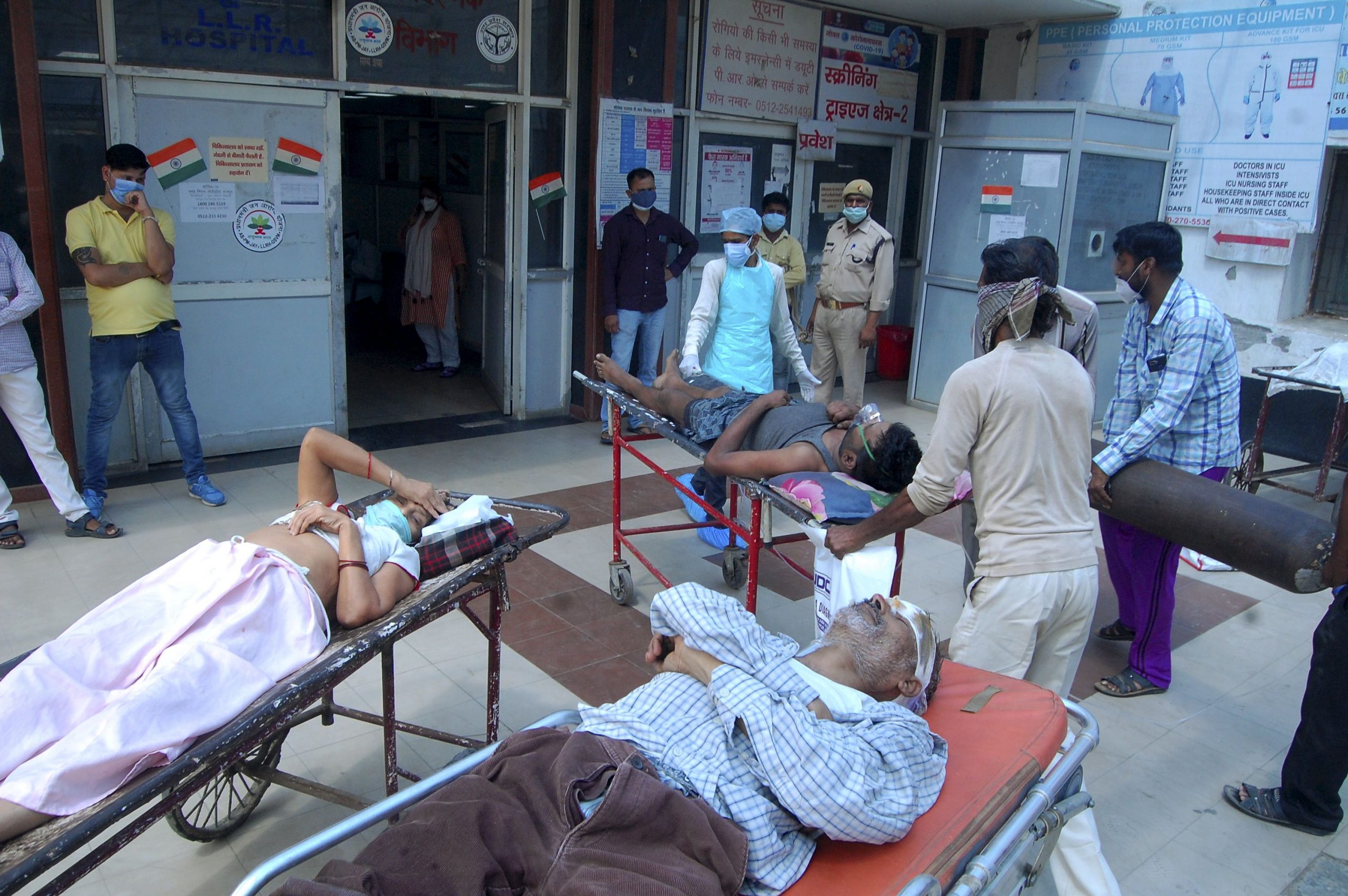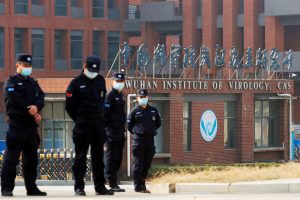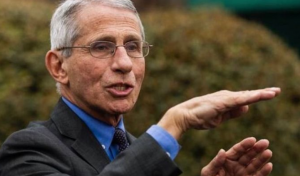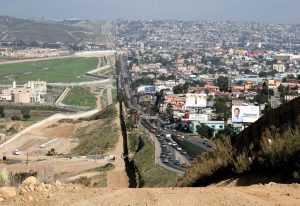The Government of India was warned about the new and more contagious variant of the novel coronavirus spreading in the country early in March, a group of scientists told Reuters. The government officials, however, ignored the calls and didn’t impose major restrictions to stop the spread of the deadly virus.
Also read: ‘At least 17 countries’ have Indian COVID-19 strain, says WHO
These scientists are part of a forum of advisers, the Indian SARS-CoV-2 Genetics Consortium (INSACOG), which was set up by the government in December to detect coronavirus variant that might pose a threat to the health of the public.
The warning regarding the variant, B.1.617, was conveyed to Cabinet Secretary Rajiv Gauba, who directly reports to Prime Minister Narendra Modi. It isn’t clear if the official had conveyed the same to the PM.
INSACOG scientists first detected the variant in February and shared the findings with the Health Ministry’s National Centre for Disease Control (NCDC) before March 10, the news agency reported. The findings were then passed on to the Health Ministry and the experts’ forum, meanwhile, started preparing a draft media statement for the ministry.
Also read: ‘Indian strain’ vs Indian vaccines: Covishield, Covaxin effective, says study
The findings, however, were made public only two weeks later, on March 24.
Meanwhile, election rallies were held in four states and a UT where Assembly polls were held, starting from March 27. They were addressed by a wide range of political heavyweights, from the PM himself to his Home Minister Amit Shah and key Opposition figures. A mass religious gathering, the Kumbh Mela, was organised in Haridwar, Uttarakhand.
Also read: Made-in-India Covaxin ‘found to neutralise’ the B.1.617 Covid variant
India is now facing an aggressive second wave of coronavirus, with more than 300,000 cases and 3,000 deaths recorded daily. This has induced another crisis in the form of shortage of medical oxygen, medicines and other healthcare supplies.







